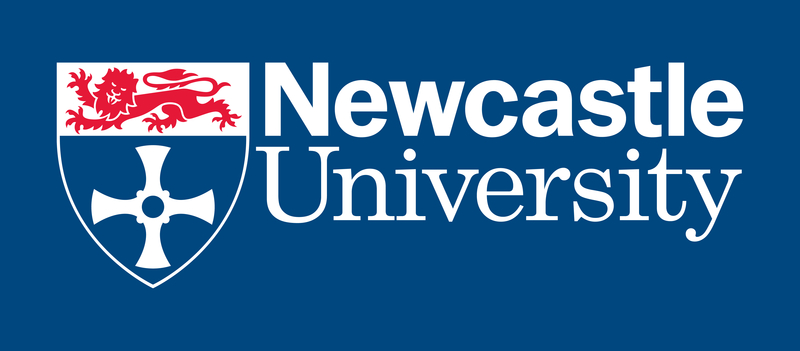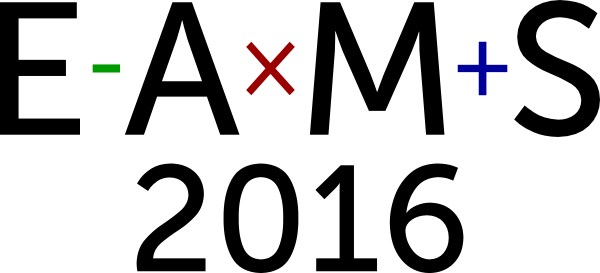Overcoming challenges with e-assessment implementation in developing countries: a case study from South Africa
Most of South Africa’s universities are currently under great pressure to increase their intake of students, although the average incoming student does not have an adequate mathematical background to understand the concepts presented to him at first year level. Therefore, the failure rate for first year students is unacceptably high. One of the challenging subjects presented to all first year engineering students is a statics course, in which students are introduced to 2D and 3D equilibrium problems.
The large groups of inadequately prepared first year students make it very difficult to provide education of a sufficient standard and the subsequent subjects are also impacted. However, it was believed that this problem could be addressed, at least to an extent, by providing students with opportunities to better their understanding of the fundamental concepts presented in first year level subjects. To this end, an e-assessment system was implemented to aid in the continuous assessment of these large student groups (more than 2000 students are enrolled for the course during an academic year). A pilot study was undertaken in 2016 with 450 students who had to repeat the course. The pilot study was deemed a success and various challenges that are unique to developing countries, like South Africa, were overcome.
The purpose of this paper is to discuss some of the challenges with the implementation of e-assessment systems in developing countries, with special focus on South Africa, and to propose mitigating measures for many of these challenges.


